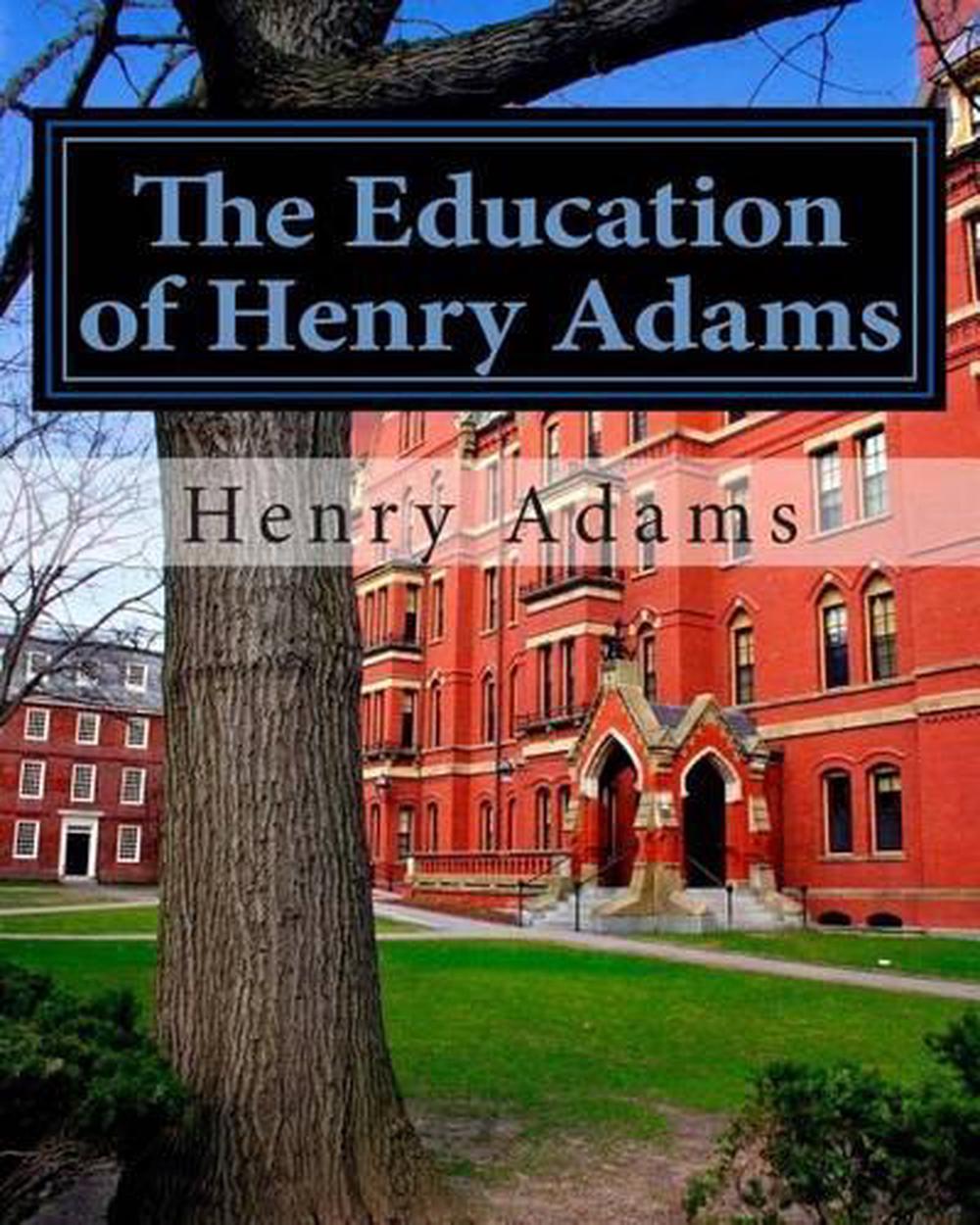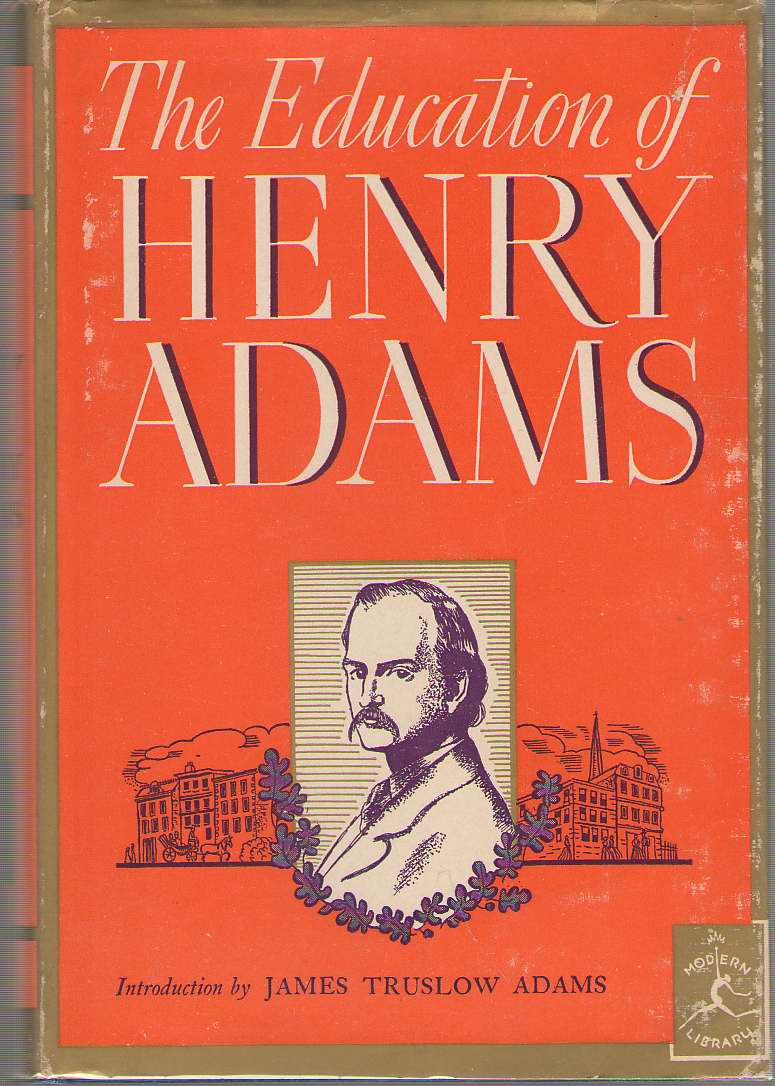

Adams argues that chaos is intrinsic: it's part of the self. In spite of this, the book ends on a marvellously spiritual & philosophical note: Adams declares his "Dynamic theory of History" and explains the role of chaos not as a simple entropic 'uncreating', but as a unique and unmistakable force that aligns not only our own consciousness, but that of history as well.

Even on the subject of history - the subject he taught at Harvard for over a decade - Adams appears like an outsider, always eager to downplay his authority. Instead, the focus is on two things: (1): the day-to-day existence of a well-to-do American who admits from the beginning that the deck was stacked in his favour, and (2): an analysis of history, culture and politics from an educated man who was always on its periphery, be it geographically - he serves as Private Secretary to his father, acting as Ambassador to the Union during the US Civil War - or figuratively, as he discusses politics and economic policy with those who are directly involved with government, while Adams never held a position there. The twenty most turbulent years of his life (and, from the perspective of the reader of a sentimental novel, the most engaging story to tell) are conspicuous in their absence, since they occur right in the middle of the narrative. The Education is an autobiography of a unique type. They constitute one of the greatest philosophical meditations on the human condition in all of literature. Taken together with his other books, Adams in this spiritual, monumental volume attempts to bring together into a vast synthesis all of his knowledge of politics, economics, psychology, science, philosophy, art, and literature to attempt to understand the place of the individual in society. He published Mont Saint Michel and Chartres, his masterwork in this dazzling effort, in 1904. Functioning in the worlds of both practical men and affairs as a journalist and an assistant to his father, an American diplomat in Washington and London, and of ideas as a prolific writer, as the editor of the prestigious North American Review, and as a professor of medieval, European, and American history at Harvard, Adams of the few men of his era attempted to understand art, thought and culture as one complex force field of interacting energies. This oldest and most distinguished family in Boston produced John Adams and John Qunicy Adams, two American presidents, and thus gave Henry the opportunity to pursue a wide-ranging variety of intellectual interests during the course of his life.

Noted American historian Henry Brooks Adams wrote his nine-volume History of the United States during the Administrations of Jefferson and Madison (1889-1891) and also a famous autobiography, The Education of Henry Adams (1918). Librarian Note: There is more than one author in the GoodReads database with this name.


 0 kommentar(er)
0 kommentar(er)
